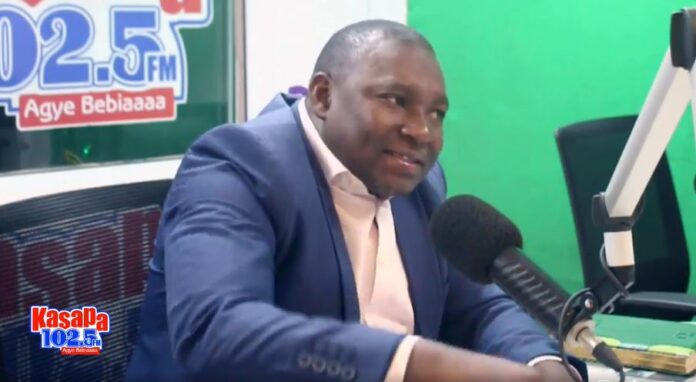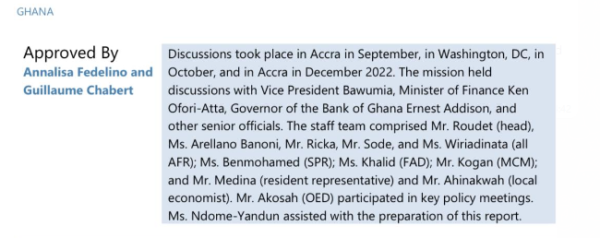
The IMF Board approved a $3b Extended Credit Facility for Ghana last week to help the country deal with its balance of payment problems. The decision by the Fund to immediately come to the aid of Ghana was necessitated by the current financial crises the country is facing.
The IMF credit facility did not come without some steep conditionalities that continues to keep some members of the investing public still agitating day in and day out. As a result of our quest to have the credit facility, the country needed to introduce more taxes to boost revenue generation, cut down on expenditure and also bring debt to a sustainable level by embarking on both Domestic and foreign Debt Exchange Program. The domestic debt exchange program has brought a lot of problems to the investing Ghanaian populace including pensioners, a sizable number of whom have invested their end of service benefits in government bonds with the view to using the dividends on it for their medication and general upkeep.
The pensioners who have been fighting government since the introduction of the DDEP have been embarking on series of demonstrations to push government to pay their matured coupon rates with notable personalities like the former Chief Justice, Madam Sophia Akuffo and Dr. Anane Agyei featuring prominently in the picketing at the finance ministry to press home their demands.
Many Ghanaians have been wondering whether it was the IMF that imposed these draconian measures on us or the decision to agree on a Domestic Debt Exchange Program was agreed upon by government.
Last week, when the fund announced the approval of the $3b Extended Credit facility, it also released the details of the whole program. It was the release of the entire program document that exposed the truth about the entire deal.
Many Ghanaians were shocked to learn in page two of the Staff Level Report that the decision to engage in Domestic Debt Exchange Program, which has affected hardworking pensioners, whose only crime was to have given their hard earned money to the state to embark on developmental projects and pay back at a later date were added to the whole program to deny them their investment by the Vice President.
According to the report, the IMF team met the Vice President together with the finance minister and the governor of the bank of Ghana in September of 2022 in Accra, October of 2022 in Washington and December of 2022 back in Accra again to find out whether they could still insert in the report that pensioners could be added to the Domestic Debt Exchange Program and in each of the occasions, the Vice President agreed.
The people of this country will not forgive the Vice President together with those that signed off the program should any pensioner suffer because of this program.
For avoidance of doubt and to bring clarity to the matter, page 2 of the report reads as follow:
GHANA
Approved By:
Annalisa Fedelino and
Guillaume Chabert
“Discussions took place in Accra in September, in Washington, DC, in October, and in Accra in December 2022. The mission held discussions with Vice President Bawumia, Minister of Finance Ken
Ofori-Atta, Governor of the Bank of Ghana Ernest Addison, and other senior officials.
The staff team comprised Mr. Roudet (head), Ms. Arellano Banoni, Mr. Ricka, Mr. Sode, and Ms. Wiriadinata (all AFR); Ms. Benmohamed (SPR); Ms. Khalid (FAD); Mr. Kogan (MCM); and Mr. Medina (resident representative) and Mr. Ahinakwah (local economist). Mr. Akosah (OED) participated in key policy meetings. Ms. Ndome-Yandun assisted with the preparation of this report.

